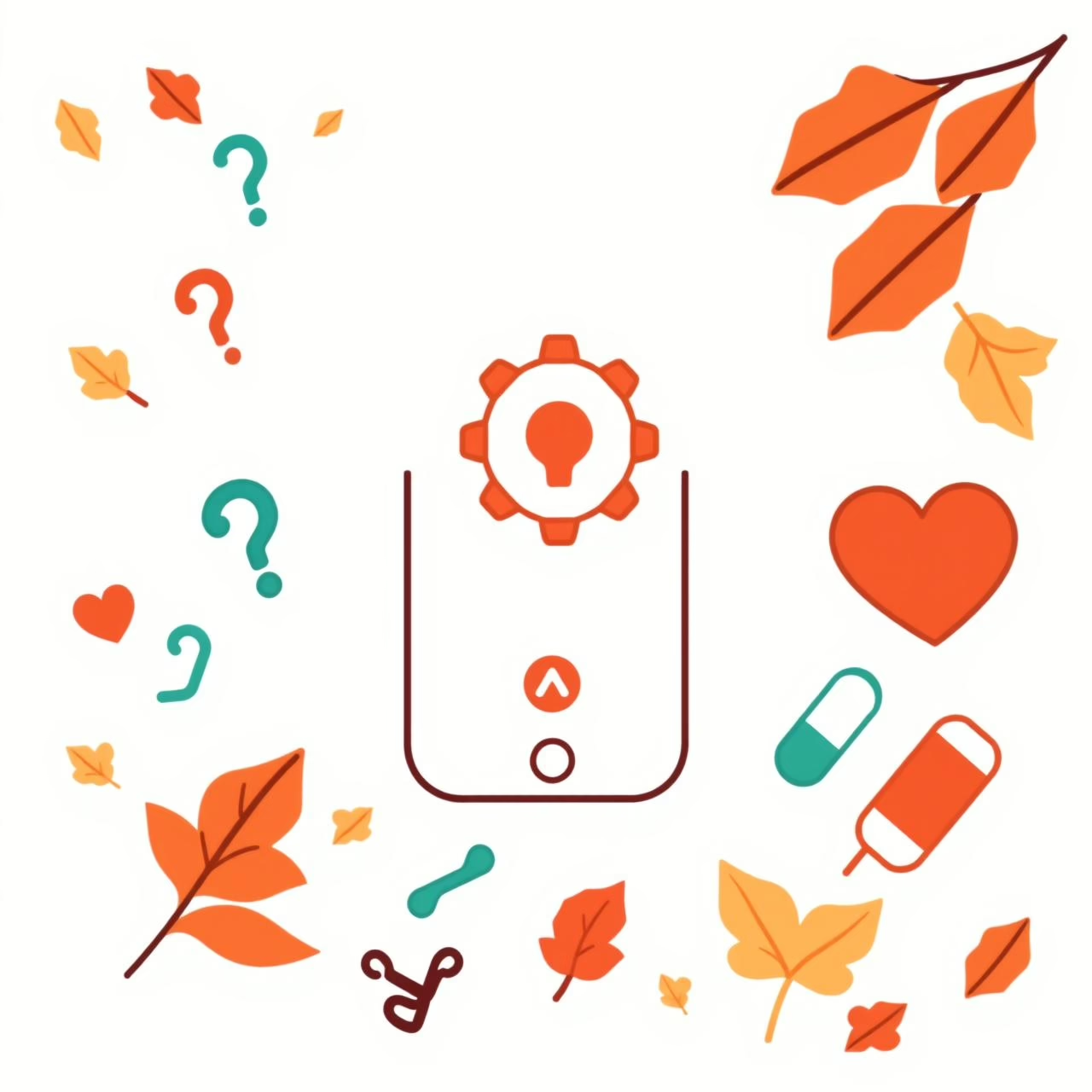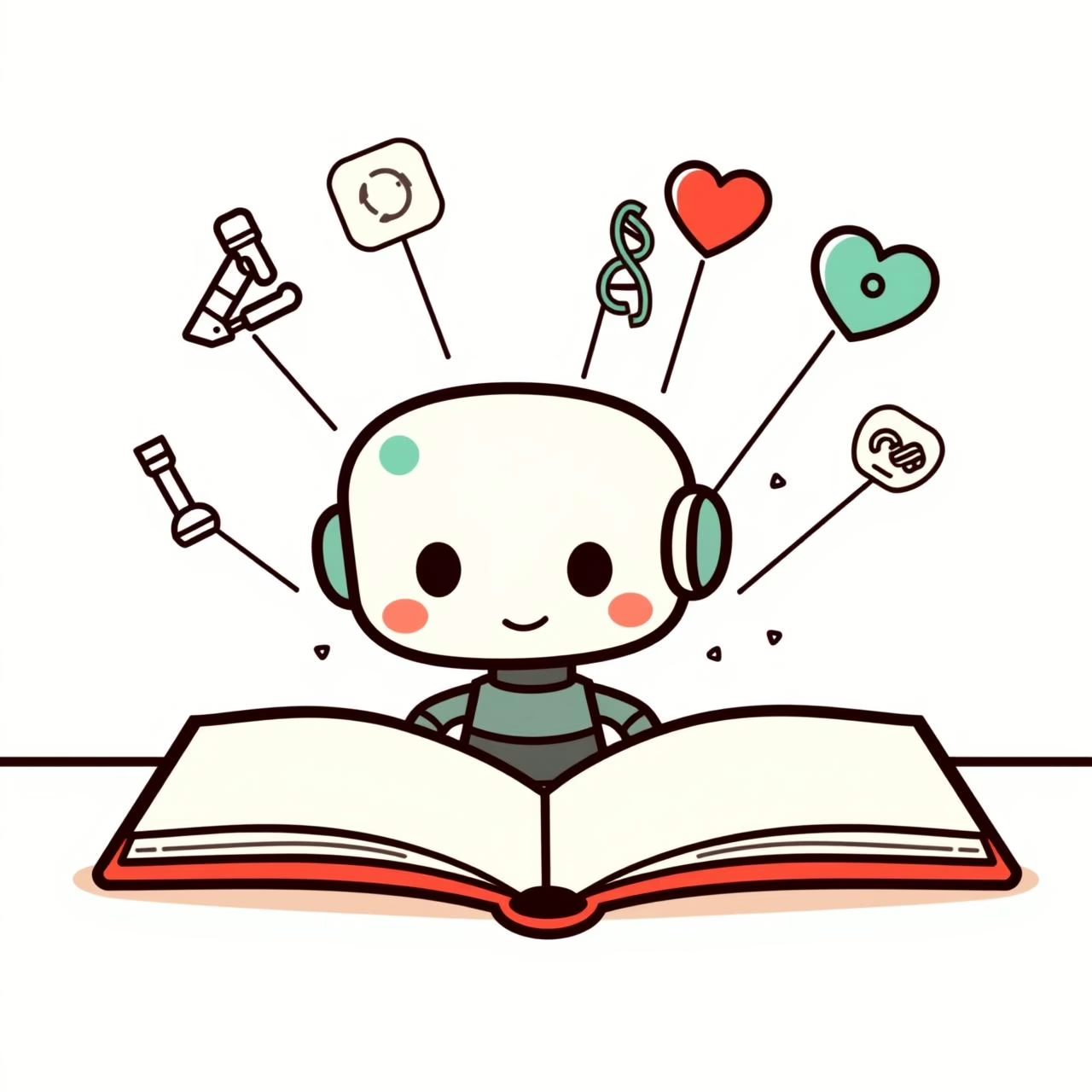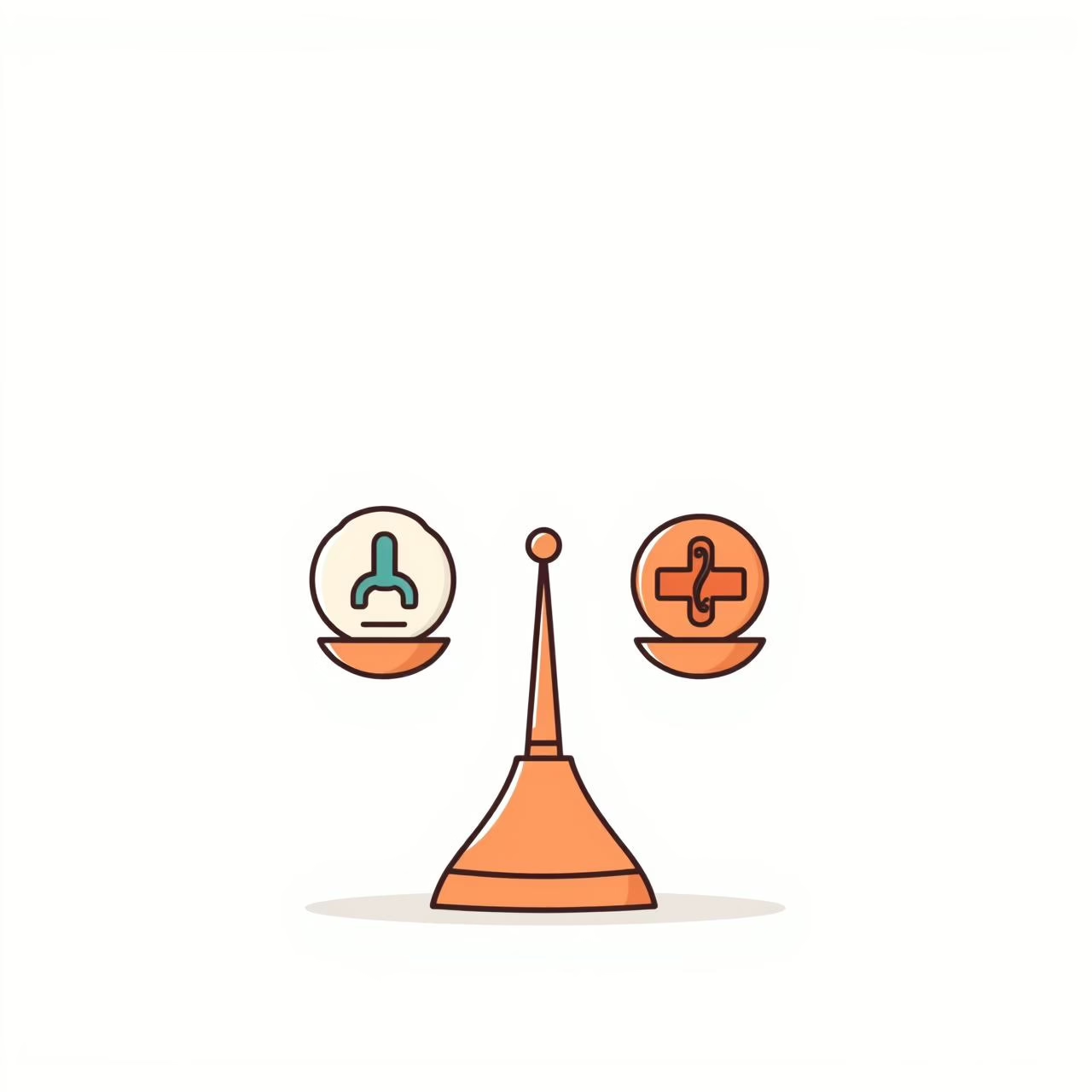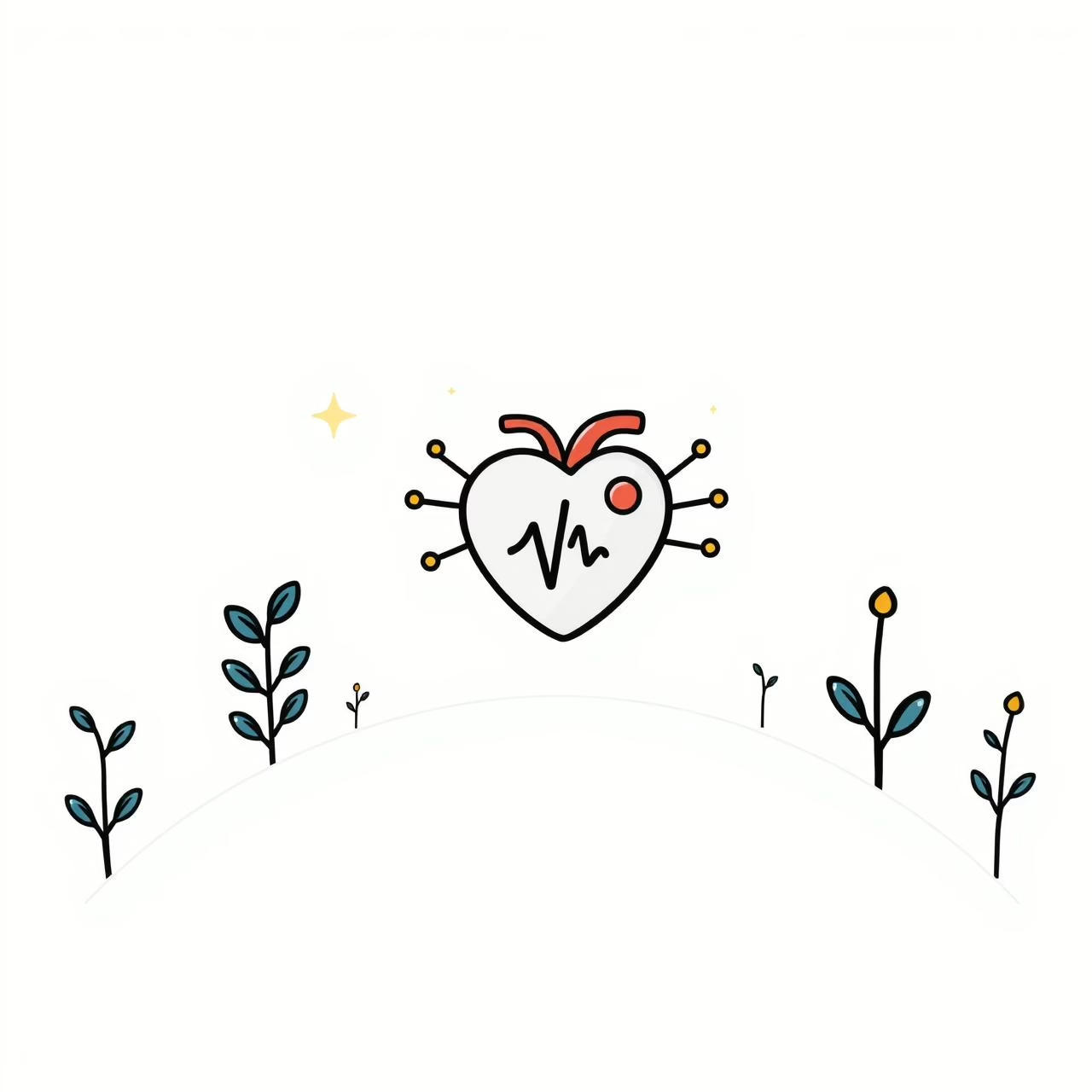
Tired of 3 AM Health Scares? Meet Your Family’s New AI Co-Pilot!
Ever found yourself three hours deep in parenting research at 2 AM? Yeah, me too. You know that heart-stopping moment? Middle of the night, your little one has a strange rash or a cough that sounds just… off. You grab your phone, tumble down the ‘Dr. Google’ rabbit hole, and emerge ten clicks later more terrified than when you started. What if I told you that era is officially ending? We’re standing on the brink of something truly revolutionary—a new chapter where tools like ChatGPT, Claude, and Gemini become genuine partners in understanding your family’s health. This isn’t sci-fi; it’s happening right now, changing everything for parents.
How Can AI Be Your Medical Encyclopedia That Talks Back?

For centuries, the doctor’s office was the sole source of medical wisdom. We’d arrive with scribbled symptom lists, hoping to piece together a coherent story. That’s shifting faster than you’d think. Today’s AI models? Nothing like those chaotic search results we’re used to. Picture a brilliant, endlessly patient medical librarian who synthesizes thousands of textbooks in seconds to give you a clear, personalized summary. I was genuinely shocked when I learned how these tools work behind the scenes. It brings to mind how both Korean and Canadian cultures value collective wisdom—now we’ve got a global village of knowledge right at our fingertips. Having watched my own kid’s health patterns unfold over years, I’m amazed how AI spots symptom connections we’d miss on our own.
Forbes highlights something powerful: these tools don’t just dump links—they give synthesized expertise. For parents, this means asking complex questions like ‘What could cause recurring tummy aches in an active seven-year-old?’ and getting evidence-based starting points. It’s like having a first-pass consultation anytime, turning anxiety into informed action. Honestly? What a relief that is!
What’s the Jaw-Dropping Power of AI in Health Diagnostics?
Building on these diagnostic capabilities, prepare for some mind-blowing research. Microsoft’s MAI-DxO system—a virtual panel of AI specialists—achieved 85.5% diagnostic accuracy on complex cases from the New England Journal of Medicine. Experienced physicians averaged just 20% on the same cases. Let that sink in! This tech demonstrates diagnostic reasoning rivaling human experts.
And this isn’t lab-bound theory. Real stories give me chills—like the mom who, after 17 doctors, used ChatGPT to diagnose her four-year-old’s rare condition. Tools like GPT-4 now score 98% on medical licensing exams. This shifts from novelty to necessity—tapping into global medical knowledge like never before.
How Can Parents Use AI Health Tools Wisely?

But with great power comes responsibility. Remember those days when parenting advice meant calling three different aunts, only to get wrapped up in their 20-minute stories? AI delivers that collective wisdom instantly—though without the comforting family chatter. The magic happens when brilliant technology meets human expertise. JAMA Network Open found that simply giving doctors AI access didn’t boost accuracy; the real win comes when we partner intentionally with our pediatricians.
Here’s how it clicks in our house: The other day, walking through the park as leaves crunched underfoot, my daughter stopped to point at a fading knee bruise. ‘Daddy,’ she asked, sunlight catching her curious eyes, ‘why do bruises change colors like rainbows?’ Instead of a vague answer, we used AI for an age-appropriate science explain—then brought that conversation to our next checkup. Our golden rule? Only consult AI for non-urgent questions after seeing our pediatrician, treating it as a conversation extender—not a replacement. It’s helped us cut midnight panic sessions drastically.
As our kids grow up swimming in digital information, how do we teach them to spot reliable health advice? This talk starts now, maybe even mid-neighborhood stroll. We model using AI as a collaborator—fueling curiosity while nurturing critical thinking.
What Does the Future Hold for AI and Family Health?

Let’s be real—navigating health scares for our kids ranks among parenting’s toughest moments. But this shift? It’s overwhelmingly positive. We’re democratizing medical knowledge, reducing fear by demystifying symptoms, and walking into appointments with real confidence instead of anxiety.
This goes deeper than faster diagnoses. It’s about building lifelong health literacy in our children—giving them tools to understand their bodies and advocate for themselves. The future isn’t AI versus doctors; it’s doctors, parents, and kids as a collaborative team. And honestly? That fills me with genuine hope.
What’s the weirdest symptom you’ve ever Googled at 3 AM? Share your stories below—we’ve all been there!
Source: Will GPT-5, Claude, Gemini Break Doctors’ Monopoly On Medical Expertise?, Forbes, 2025/09/02 07:30:00
Latest Posts
